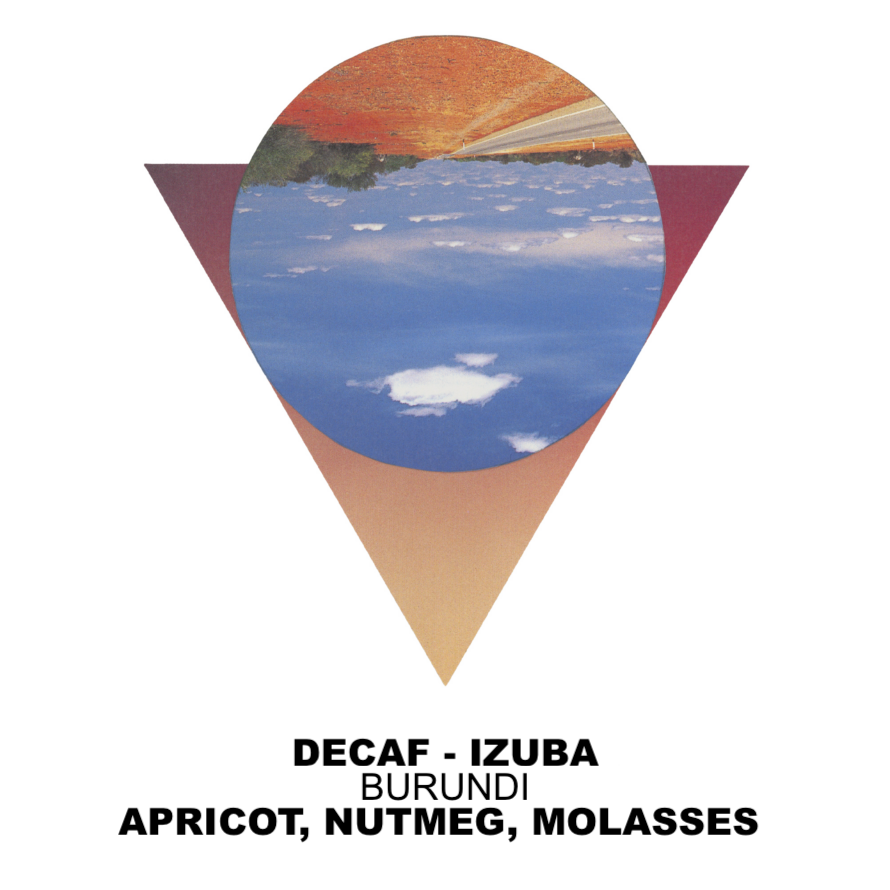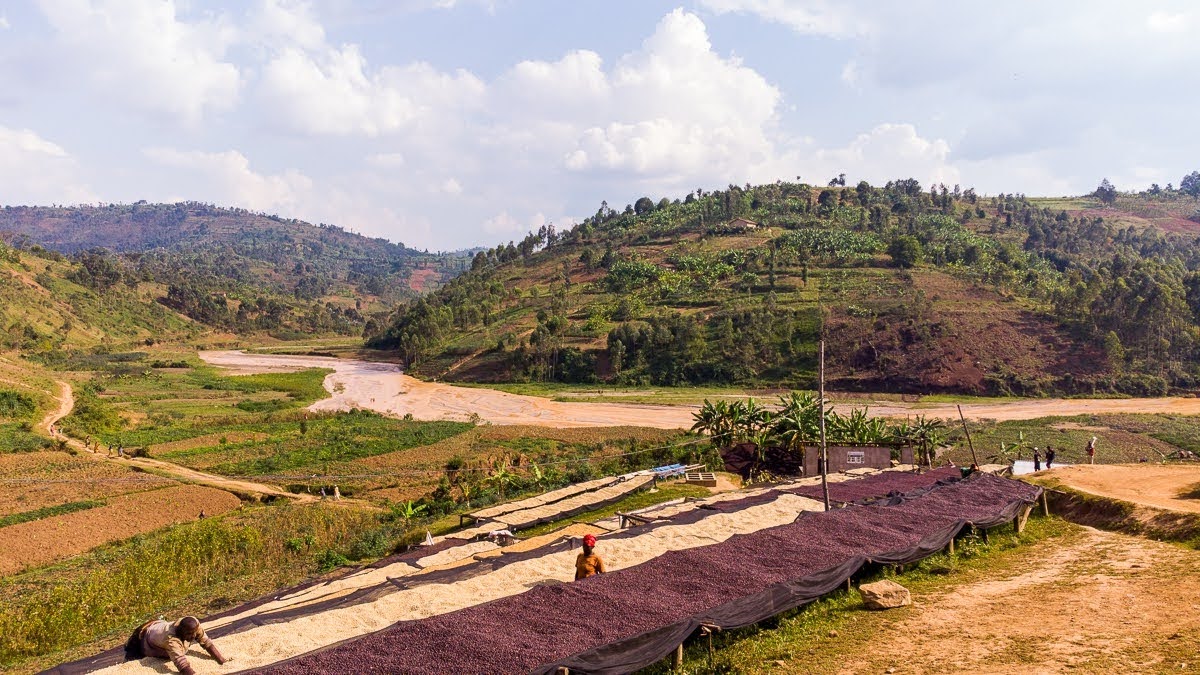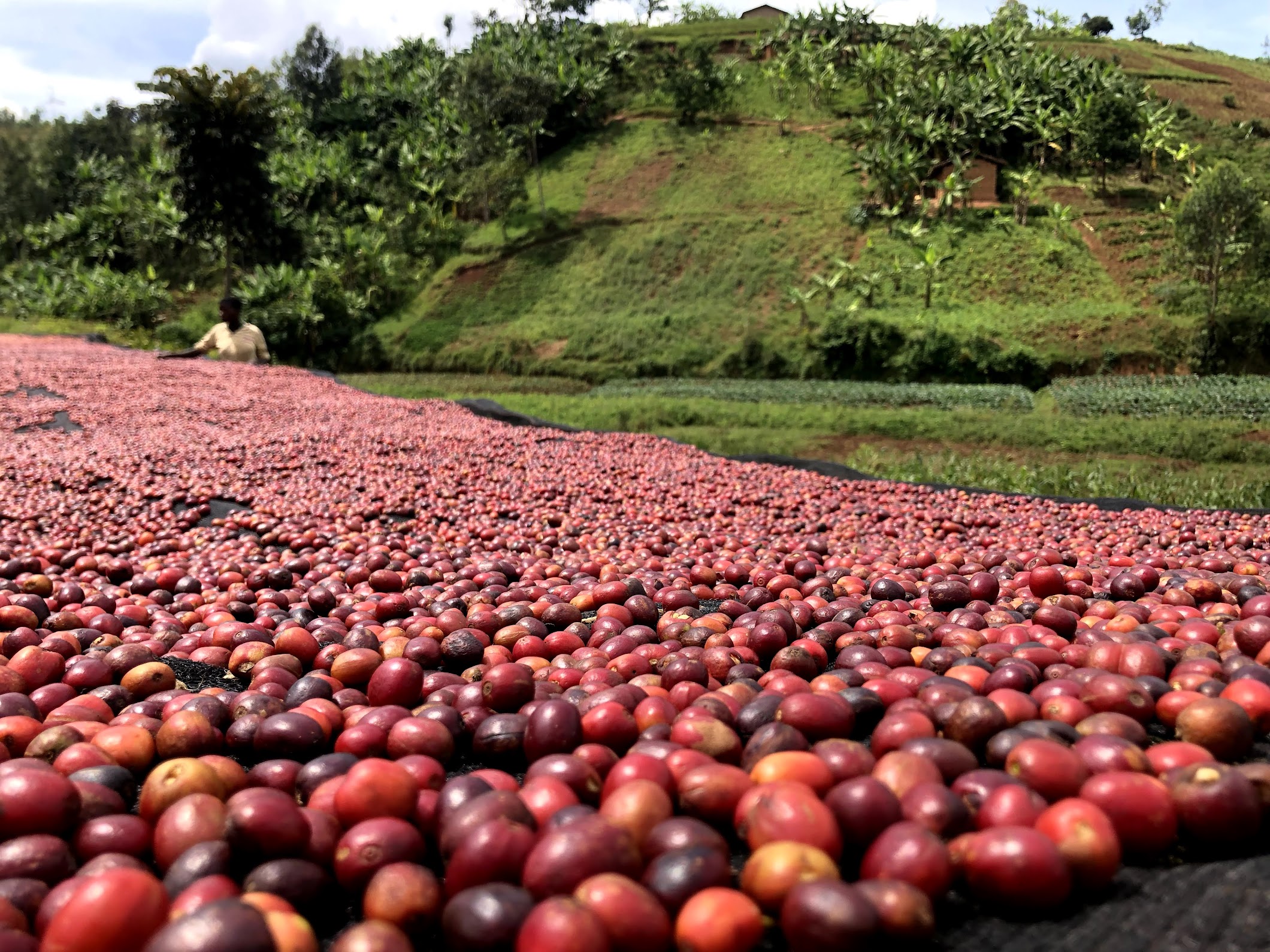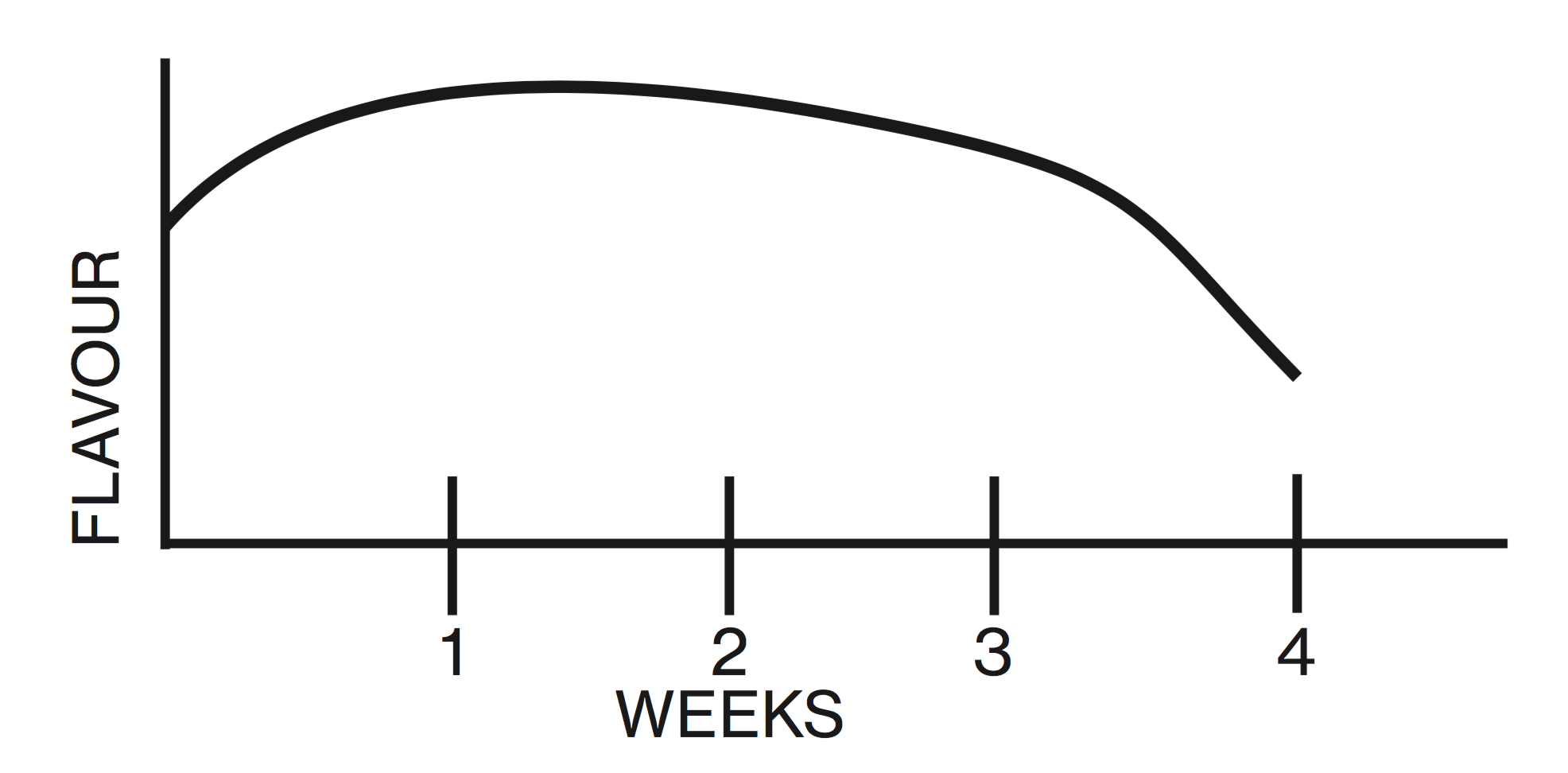
Description
Our current decaf option is a Red Bourbon variety, which is a widely-cultivated in both Burundi and neighbouring Rwanda. It has mild stone fruit acidity, a pleasantly subtle spiciness, and a rich sugary sweetness that lingers after the initial sip. Perfect for an after-dinner filter coffee; we recommend brewing it with a Chemex or cafetière.
£10.00 – £37.00
Producer
Izuba Washing StationCup Profile
Apricot, Nutmeg, MolassesCountry
BurundiPreparation
Washed Ethyl Acetate (Sugarcane) DecaffeinationTerroir
Runinya, Kayanza ProvinceGenetics
Red BourbonAltitude
1,500 - 1,700mCup Score
84Description
Our current decaf option is a Red Bourbon variety, which is a widely-cultivated in both Burundi and neighbouring Rwanda. It has mild stone fruit acidity, a pleasantly subtle spiciness, and a rich sugary sweetness that lingers after the initial sip. Perfect for an after-dinner filter coffee; we recommend brewing it with a Chemex or cafetière.
Izuba washing station is located in Runinya, Kabarore Commune, Kayanza Province, northern Burundi. Izuba means ‘sun’ in Kirundi – the national language of the country. The station itself is situated near a river, which provides a valuable source of freshwater for coffee processing. Izuba is within close proximity to Kibira national park, where the soil and environmental climate are perfectly suited to coffee production. Kigeri, Ryamukona, and Mugoyi are the three hills surrounding Izuba, and the areas from which the green coffee is collected or delivered. Employees at the station were paid 25% higher than other local washing stations, and 33% more than the national average salary.


This coffee has undergone the Ethyl Acetate decaffeination process. Firstly, the beans are soaked and treated with steam to draw the caffeine from within to the outer surface. Ethyl Acetate is then applied directly to the beans. As a chemical solvent, EA removes the caffeine. Afterwards, water is once again applied to the coffee beans in order to drive out any residual solvent. Finally, the beans are dried out. After the roasting process any further residues of the chemical solvent will have been removed. As EA is a naturally occurring chemical produced in many fruits and vegetables, it is often referred to as the ‘sugarcane’ decaf process.

